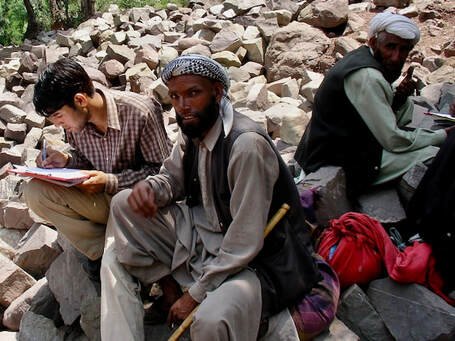
They don’t need you!
Explore the deep value of autonomy in nomadic cultures and its role in survival, identity, and freedom. Learn how nomads balance collective responsibility with independence and how their emphasis on autonomy challenges modern assumptions about freedom and control, offering profound lessons for all of us.
